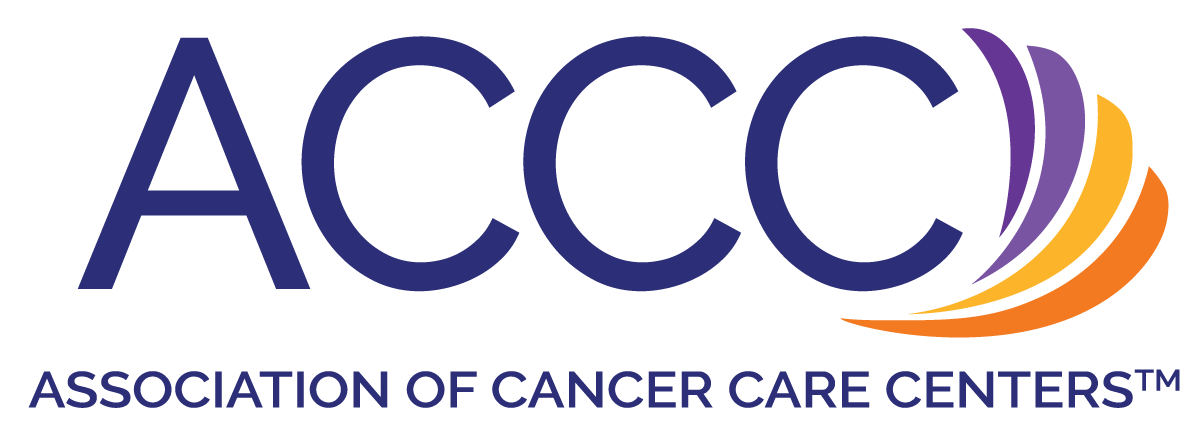
Dr Mila Felder Explains Advocate Health's Approach to Well-Being for the Postpandemic Oncology Workforce

Mila Felder, MD, FACEP, emergency physician and vice president for Well-Being for All Teammates, Advocate Health, talks about tailoring the Stanford Model of Professional Fulfillment to support the postpandemic oncology workforce.
Mila Felder, MD, FACEP, emergency physician and vice president for Well-Being for All Teammates at Advocate Health, explains how the organization is customizing the Stanford Model of Professional Fulfillment by integrating culture efficiency, practice efficiency, and human resiliency components through a well-being council and interconnected interventions aimed at supporting the postpandemic oncology workforce. Felder went into more detail during her talk, "Championing an Institutional Culture of Well-being in a Post-Pandemic Oncology Workforce" at the Association of Cancer Care Centers’ (ACCC) 50th Annual Meeting & Cancer Center Business Summit.
Transcript
How is Advocate Health specifically tailoring the Stanford Model of Professional Fulfillment to address the unique needs of the postpandemic oncology workforce?
In the last few years, having taken the [Healthcare] Professional Well-being Academic Consortium's look at how well-being in health care could be best impacted through organizational work, we took the model of Stanford well-being [and applied it] with culture efficiency, human resiliency, and really the culture of well-being. And we built a well-being council that allowed us to take some of the cultural components and break them down, look at the practice efficiency, and use the support from our HIT [health information technology] team, our EMR [electronic medical record] team, our practice operations teams, and allow them to help lead us where they are professionals in, and then take the ultimate human resiliency or individual resiliency component of that and build the teams within benefits, within physician relations, within nurse and Magnet programs that took very specific programs that they lead, and now are supported through this council. The idea being that there are already many interventions that exist, but they're not always connected, and they're not always connected to the purpose of bringing together organizational well-being.
We are still on that journey; we're far from finished. But the idea is to take all of the separate resources and bring them together, to take the culture of well-being, and to speak to all the things that we do by first onboarding people in a way that tells them they matter, and they're only asked to be human. Then, taking the leaders and support the leaders in that set of beliefs, empowering first themselves and then others. So, that delivers on the culture, the culture of humanity and well-being through a peer support program that we do through moral distress specific work, through leadership development, and feedback through survey mechanisms, and build on the culture of well-being.
Then there's practice efficiency, again, that we take professionals and ask them to help us while measuring interventions as a result, with EMR specifically and with other things. And then taking human resiliency and breaking it down—is there anything about our benefits—and we're going through benefit harmonization now at Advocate so that across this big 150,000-people human body, we are able to deliver the best that we can, understanding the limitations. So, it's taking those 3 pieces and bringing them together surrounding one human professional fulfillment practice, always keeping those peripheral pieces supporting that one human in the center. We have a lot of work to do.
This transcript has been lightly edited for clarity.
Newsletter
Stay ahead of policy, cost, and value—subscribe to AJMC for expert insights at the intersection of clinical care and health economics.









